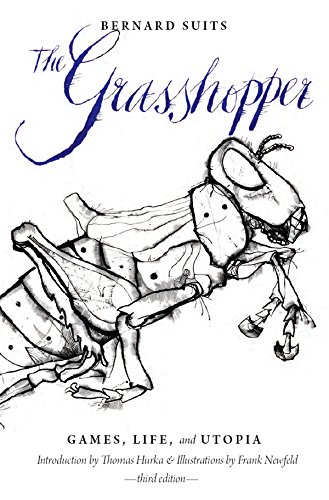What do you think?
Rate this book


295 pages, Kindle Edition
First published January 1, 1978
What I envisage is a culture quite different from our own in terms of its basis. Whereas our own culture is based on various kinds of scarcity — economic, moral, scientific, erotic — the culture of Utopia will be based on plenitude. The notable institutions of Utopia, accordingly, will [be] institutions which foster sport and other games. But sports and games unthought of today; sports and games that will require for their exploitation — that is, for their mastery and enjoyment — as much energy as is expended today in serving the institutions of scarcity.